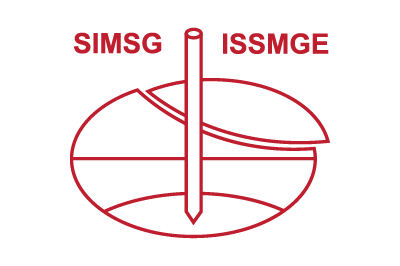
Prof. Keh-Jian Shou
Vice President Asia of ISSMGE
Biography
Keh-Jian (Albert) Shou is now VP Asia, ISSMGE, Chairman of ISTT, and Distinguished Professor of Department of Civil Engineering, National Chung-Hsing University, Taiwan. His research interests include rock mechanics/engineering, engineering geology, and trenchless technologies. He has published more than 200 papers on these topics and is now the editor of Tunnelling and Underground Space Technology (incorporating Trenchless Technology Research), and the associate editor of the ASCE Journal of Pipeline Systems Engineering and Practice. He get his Ph.D. degree (Civil Engineering) from University of Minnesota, U.S.A. in 1993.
His experience includes:
- Senior Principal Engineer, Shannon & Wilson, Seatlle, USA (2008/2~2008/9),
- Visiting Professor, TTC, Louisiana Technical University, USA (2006/1~2006/2),
- Visiting Professor, RCUSS, Kobe University, Japan (2003/10~2004/3),
- Research Engineer, CSIR/Miningtek, South Africa (1998/2~1999/1),
- Geotechnical Engineer, National Expressway Engineering Bureau, Taiwan (1993-1994)
On The Landslide Susceptibility And Resilience With Impact Of Climate Change
Due to the impact of climate change, the increasing frequency of extreme rainfall events, with concentrated rainfalls, commonly cause landslide hazard in the mountain areas of Taiwan. Although the extraordinary rainfall behavior is critical for the geohazard, it is significantly affected by the factors such as topography, the route of typhoon, etc. Therefore, there are uncertainties for the predicted rainfall as well as the landslide susceptibilities.
This study employs rainfall frequency analysis together with the atmospheric general circulation model (AGCM) downscaling estimation to understand the temporal rainfall trends, distributions, and intensities in the adopted study area in Central Taiwan. The uncertainties within the rainfall prediction was investigated before applied to the landslide susceptibility analysis. The catchments in Taiwan, including Tachia River, Wu River, and Chuoshui River, were adopted as the study area. With the consideration of climate change, the landslide hazard was assessed by logistic regression methods and supporting vector machines methods. Then the landslide hazard resilience of the villages in the study area was further analyzed. The results of predictive analysis can be applied for risk prevention and management in the study area.
-
Hotline: (+ 84) 90.344.0978
(Mr. Dung – Chief of Secretary Board) -
Tel: (+ 84) 246.269.0481
(Ext: 518 – R&D Department) - Fax: (+ 84) 246.269.0484
- Email: secretariat@geotechn.vn










